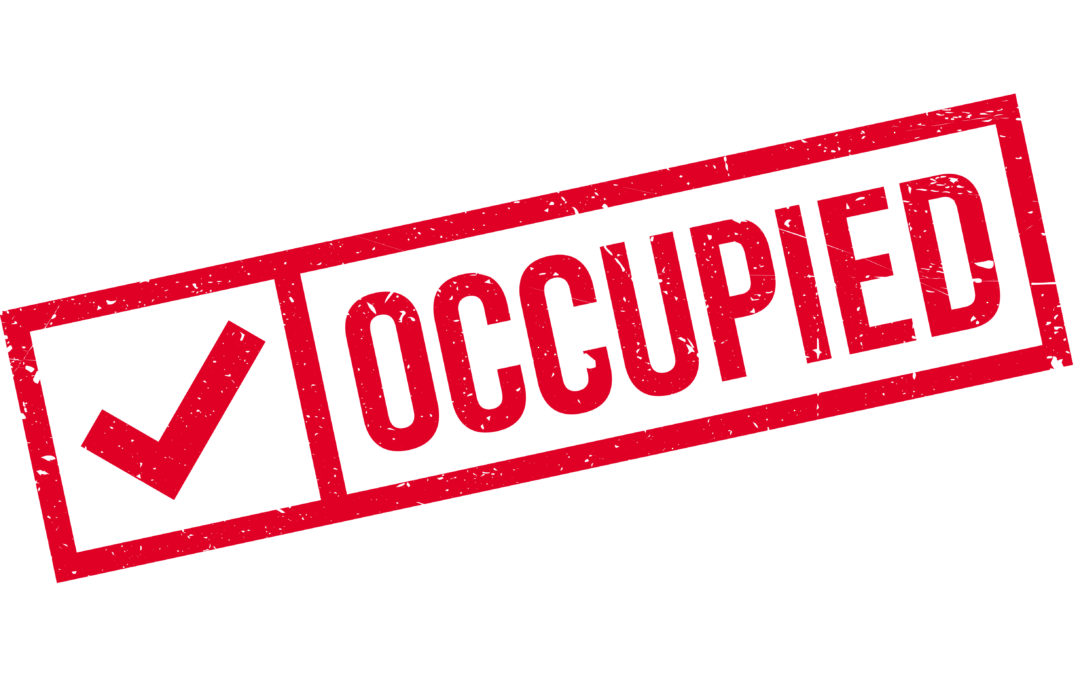Showing a home that is beautifully landscaped and furnished, in immaculate condition, and with cooperative homeowners who are motivated to sell is a dream for a real estate agent, but it is not always the reality. In particular, it can be difficult to show and sell a property that is occupied by a tenant.
This month, we asked some of our experienced members how they navigate the challenges of selling a rental property that is currently occupied by a tenant.
1. Establish a good rapport.
“You have to be very acutely aware of their needs,” said Delvonne Burke of Flair Real Estate. “Being aware of their needs is number one.”
Naveen Sharma of Four Point Realty says it’s important to work around tenants’ schedules to show the property. “It’s an inconvenience for the tenants,” he said. “You have to work with their schedule and make sure they’re comfortable with the process. They may only want to show two days during the week or only on weekends.”
2. Give the tenant plenty of notice when showing the property.
“I’ve found that giving the tenants as much notice as possible really helps,” said Jim Conway of Regional Realty Group. “I also tell them it’s an opportunity to meet the possible future owner and establish rapport.”
On the other hand, Burke encourages tenants to leave the property during a showing. “It’s always nice if you can give 24-hour notice when showing a property. Where you really get sticky is when the tenants want to be there. I ask them to walk outside or take a drive.”
3. Educate the seller, and keep them informed.
“Most of the time, you really have to educate the seller as to what is going to happen and what you might have to do,” Burke said. “Sometimes for the seller, what’s utmost is having the rental check. They don’t want you to run off their tenant. You really walk a tightrope of trying to keep everybody happy.”
Also, if you’re trying to show a property that isn’t tidy, Burke recommends offering to hire someone to come in and clean.
“If you’ve shown it a couple of times and it’s a mess, I’ve offered to have someone come in and clean,” she said. “That’s when you go back to your seller and say, ‘This is something that needs to be done.’ You don’t really know the tenant’s needs or what they’re dealing with.”
4. File for an exemption if necessary.
“Most of the tenants are pretty cooperative,” Sharma said. “They will allow inspectors and investors to come in, so they can close on the property. The tenant is not required to, but generally, they will allow the city to come in for the inspection if you give them sufficient notice.
“However, if they do not, exemption certificates are available in some towns if you can’t inspect the property before closing. Some towns do not allow this, so then you really have to work with the tenant for access.”
5. Understand REO rental properties.
“With REO properties, basically, the banks list these properties as-is. They will go to an auction cycle or to a cash buyer. The buyer can collect rent or create a new lease. If the tenant is not paying rent, then the buyer has to take responsibility for evicting the tenant.”

